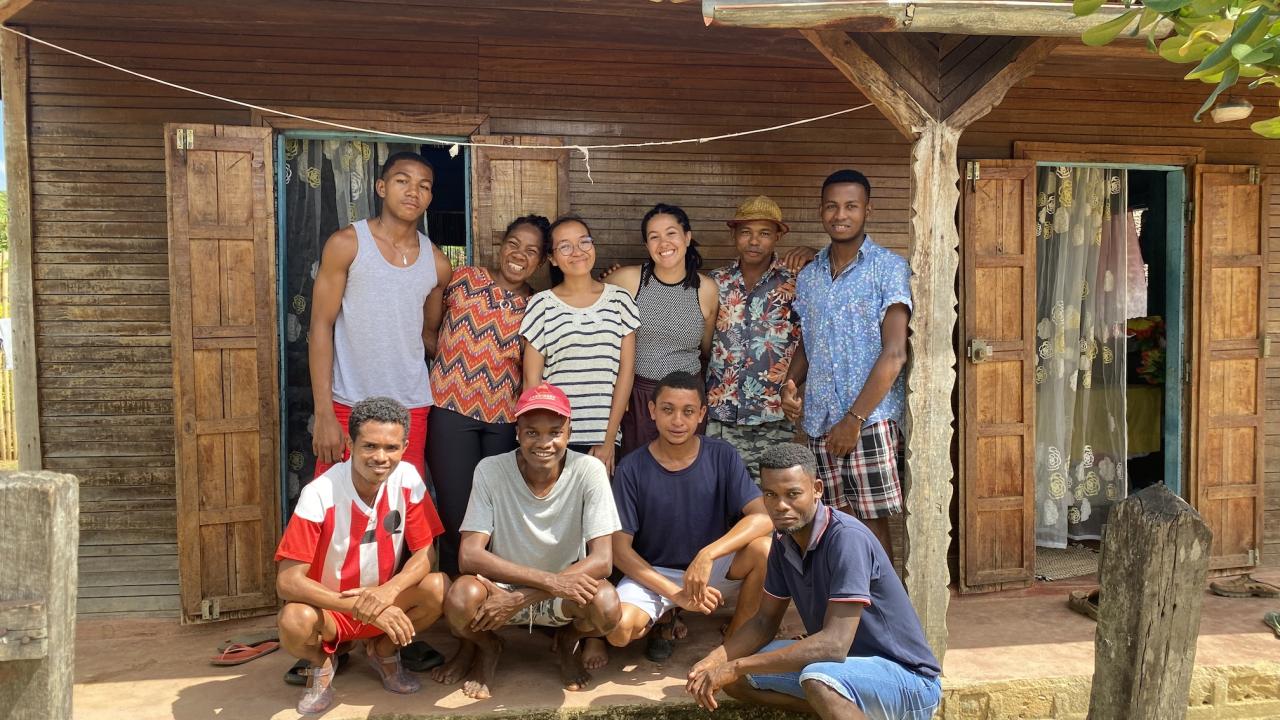
Can Vanilla Farmers in Madagascar Balance Livelihoods, Food Security, and Forest Conservation?
New Study Reveals How Price Shocks and Payment Incentives Impact Vanilla Farmers in Madagascar
A study published in Biological Conservation examines how price fluctuations and conservation payment schemes influence crop diversification and forest conservation among vanilla farmers in Madagascar. The research, conducted by an international team of scientists and lead by Marie Fleming, a Ph.D. student in Ecology in the UC Davis Department of Environmental Science and Policy, highlights critical insights into the economic and environmental challenges faced by smallholder farmers dependent on cash crops.
Vanilla farming is a vital source of income for many Malagasy communities, yet its reliance on volatile global markets has created economic instability and contributed to deforestation. Using a combination of a discrete choice experiment (DCE) and an innovative tablet-based experimental game, researchers assessed how farmers respond to price shocks and financial incentives designed to encourage sustainable farming practices.
Key findings from the study include:
- Market Volatility Drives Diversification: Farmers were more likely to diversify their crops in response to vanilla price drops, opting for a mix of food and cash crops to mitigate economic risk.
- Payments Support Conservation but Reduce Crop Diversity: Financial incentives led to increased forest cover but discouraged crop diversification at the individual farm level, particularly among younger farmers.
- Gender and Age Influence Farming Choices: Women and older farmers were more likely to adopt diversified agroforestry practices, suggesting the need for targeted policies to support sustainable farming transitions.
- Common Land Use and Forest Conservation: The study found that economic shocks influenced how farmers used shared forested lands, with lower vanilla prices leading to less deforestation.
Our research demonstrates how economic conditions shape land use decisions and highlights the role of well-designed incentives in promoting both conservation and food security, said lead author Marie Fleming from the University of California, Davis.
The study underscores the importance of balancing financial incentives with sustainable farming practices to ensure long-term environmental and economic stability. It also suggests that immersive experimental games can serve as valuable tools for predicting farmer behavior and designing effective policy interventions.
For further information, please contact:
Marie Fleming, UC Davis Environmental Science and Policy, mcfleming@ucdavis.edu
